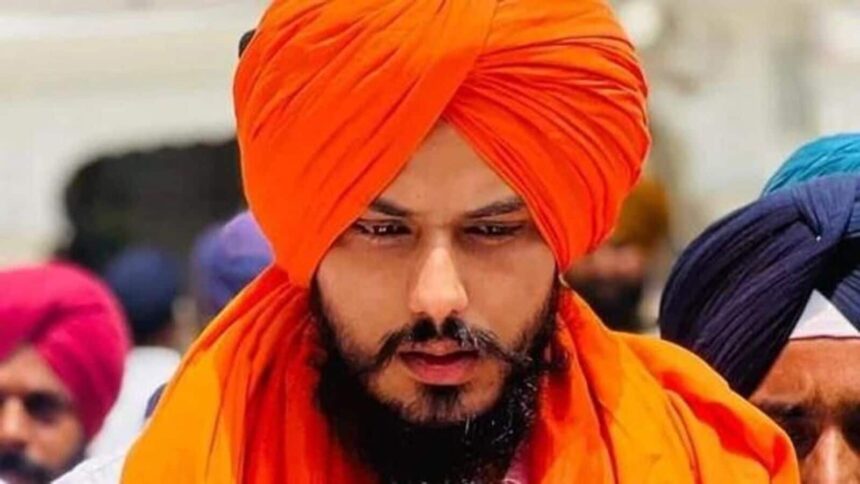The Political Aspirations of Amritpal Singh’s Family: A New Party on the Horizon in Punjab
In a significant political development in Punjab, Tarsem Singh, the father of jailed radical preacher Amritpal Singh, announced on January 14, 2024, his intention to launch a political party in the state. The announcement coincides with the traditional Maghi Mela celebrations, an important cultural and religious event in Punjab. This move not only aims to keep the political legacy of Singh alive but also to galvanize public support from Punjab’s Sikh community.
Background on Amritpal Singh
Amritpal Singh has recently garnered attention due to his controversial actions and ideologies that align with the separatist Khalistani movement, which seeks to create an independent Sikh state in India. He has styled himself after the late Jarnail Singh Bhindranwale, a notorious figure in Sikh history, further polarizing opinions in the region. Singh previously contested in the Lok Sabha elections as an Independent candidate and secured a parliamentary seat from Khadoor Sahib. However, his political career took a dramatic turn when he was arrested in February 2023 during a violent confrontation with police in Ajnala, where he attempted to secure the release of an aide.
Since his arrest, Amritpal Singh has been detained under the National Security Act (NSA) in Dibrugarh Jail, Assam, along with several associates. His imprisonment has not stifle the ambitions of his family but rather has fueled them, with Tarsem Singh indicating that the new political party will be led by his son once he is released from custody.
The Launch of the New Political Party
On the eve of Maghi Mela, Tarsem Singh expressed his determination to formalize a political entity that aligns with the beliefs held by him and his son. He indicated plans to unveil the party’s name and agenda during a gathering of the ‘Sikh Sangat,’ a term used to denote the Sikh community. This strategic decision underscores the importance of faith and cultural identity in Punjab’s political landscape, tapping into the communal sentiments that are often significant in regional politics.
The Muktsar district has been chosen as the launch hub, which may hold symbolic importance, given its historical relevance to the Sikh faith and its demographic composition. The political landscape is rapidly changing, and the emergence of this new party could significantly alter voter dynamics in the region, especially among younger Sikhs who might resonate with the radical ideologies espoused by Amritpal Singh and his supporters.
Implications and Future Considerations
The formation of this political party poses several implications for both Punjab’s socio-political landscape and national security. On one hand, it can galvanize a section of the electorate that feels disenfranchised and may lean toward radical ideas. On the other hand, it will likely invoke increased scrutiny from law enforcement and government authorities, especially given Amritpal Singh’s connection to the Khalistani movement, which has been a sensitive topic in Indian politics.
Moreover, the potential return of Amritpal Singh to the political arena could lead to significant socio-political mobilization among certain groups, impacting future elections. The party’s stance on critical issues, such as governance, communal harmony, and socio-economic development, will be pivotal in determining its acceptance within mainstream Punjab.
Conclusion
As Tarsem Singh prepares for the launch of a new political party amidst the backdrop of Punjab’s rich cultural history, the implications of this move will unfold in the coming months. Whether this initiative will revive his son’s political ambitions or exacerbate existing tensions within Punjab remains to be seen. Given the evolving political scene, it is crucial for observers and stakeholders alike to monitor developments closely. The landscape of Punjab politics may soon be shaped by the actions and ideologies stemming from the Singh family, as they seek to resonate with a community that has its deep historical roots intertwined with the Sikh identity.









